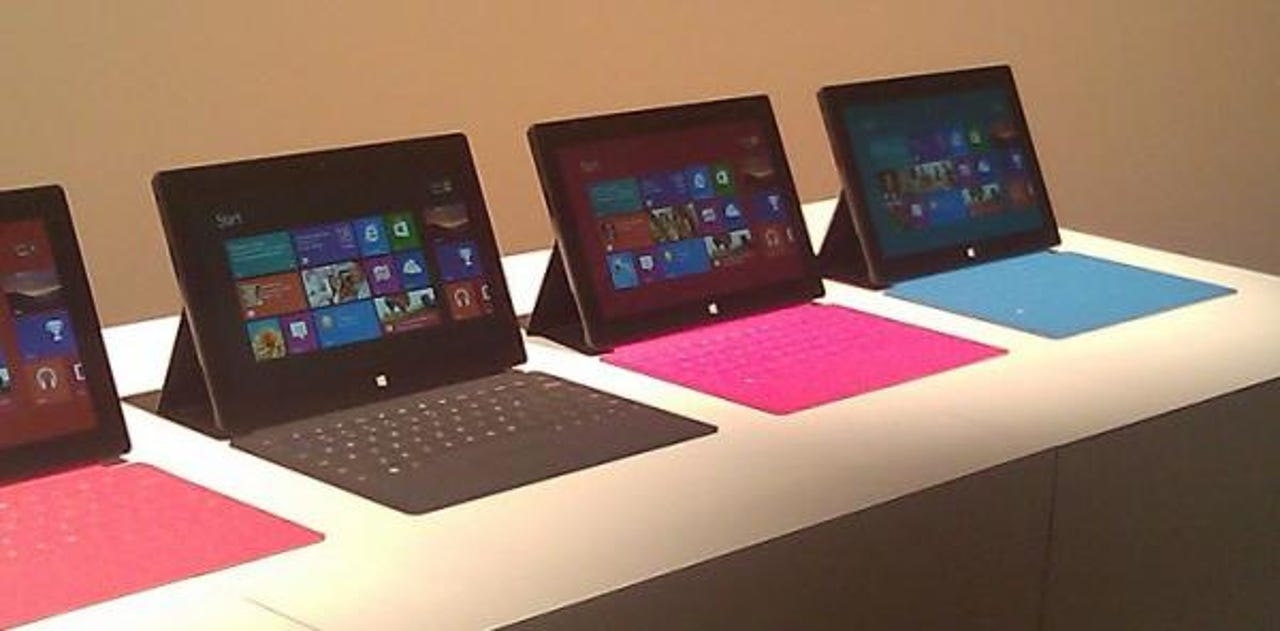Microsoft Windows 8 on ARM: No business use?

HP won't be first in the Windows RT---Windows 8 on ARM---parade partially because the company is betting that businesses won't be interested.
For now, HP's bet looks like a good one. Last week, a report in Semiaccurate noted that HP was bailing on the Windows RT effort. Naturally, HP's news looked like retaliation for Microsoft's Surface announcement.

The reality is a bit more nuanced. HP said in a statement:
HP continues to look at using ARM processors in business and consumer products. However, our first Win 8 tablet will be on the x86 platform focused on the business market. The decision to go with x86 was influenced by input from our customers. The robust and established ecosystem of x86 applications provides the best customer experience at this time and in the immediate future.
The PC maker's move makes a lot of sense and also signals a bigger issue for Windows RT. The biggest issue is whether Windows 8 users will accept a clean break from the x86 ecosystem. Simply put, Windows 8 tablets on Intel will run Microsoft's previous applications. For business users, who aren't going to fawn over the latest and greatest releases, that distinction is huge.
Related: Microsoft's new Surface tablets make a solid first impression | Microsoft Surface tablets: Reading the fine print | CNET: The other Windows 8 hits some snags
In other words, no business technology buyer is going to be interested in Windows RT unless consumers bring it into the workplace. Microsoft shops are going to want an x86 Windows 8 tablet.
There's a quiet debate going on about Windows RT. Is it a hedge that may go away in a year? Is Windows RT doomed to fail without support for legacy applications? Will Windows RT get the real Office experience?
Those questions are all valid. Perhaps folks will rush out and buy Microsoft's Surface on ARM out of the gate. But many will wait for the x86 version.
If you're an OEM such as HP you really have no reason to hop on the Windows RT bandwagon prematurely. Let's face it: Windows RT may not sell well out of the gate. Why commit to new supply chain wrinkles---procuring Nvidia Tegra processors over Intel's---on a bet where the odds are unknown? Qualcomm and Nvidia are on the Windows RT bandwagon, but they have a vested interest in selling chips for these tablets.
Should Windows RT on ARM become a hit there will plenty of time for OEMs to get on the bandwagon. However, the burden of proof rests with Microsoft and sales.